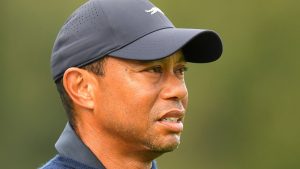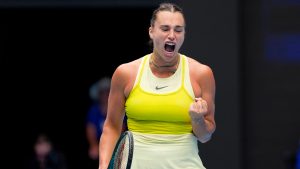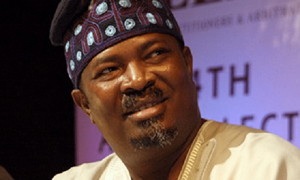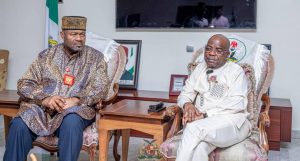Olympic medalist Goebel honored by Figure Skating in Harlem

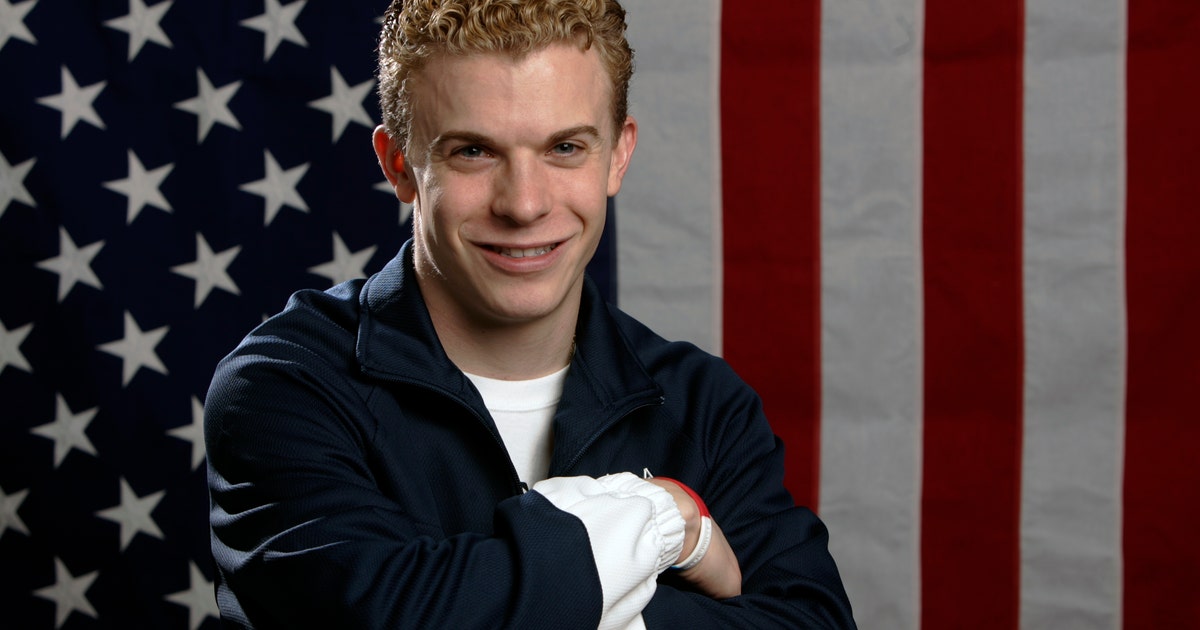
NEW YORK (AP) — Sharon Cohen believes Figure Skating in Harlem represents a microcosm of the sport itself. That’s one reason the organization is honoring 2001 U.S. champion and 2002 Olympic bronze medalist Tim Goebel at its April gala.
Cohen founded FSH 22 years ago, seeing a need in the inner city for a program that could combine “the grace and discipline of figure skating with the power of education to unlock the potential inside every young girl.” The organization has helped dozens of young women go on to a wide range of prestigious colleges while embracing the sport, carrying its necessities to succeed — perseverance, patience, creativity, power and athleticism — with them through life.
Just as the elite of skating have done. Like Goebel, a U.S. Figure Skating Hall of Fame inductee, and a long-time supporter of Figure Skating in Harlem.
“Tim is just one of those rare Olympic skaters and humans who fully embraced our mission two decades ago when we started,” Cohen says. “He understood this was about developing the whole young person. Tim jumped on the ice with the girls, he did shows and workshops and has been really passionate about the girls and has shown up whenever we asked and helped the girls.
“He has an Ivy League degree, and he speaks to them about the importance of education. He’s such a genuine person. The girls couldn’t have a better role model.”
Cohen believes when the students realize how involved someone like Goebel is — he’s an FSH board member — they get inspired.
“It means everything,” she says. “Someone who achieved that extraordinary level of success is also accessible to them. They can ask questions. He teaches them that with a lot of hard work is how you get better. You can be a good person and a high achiever.”
Goebel has achieved in all facets of life. A graduate of Columbia, he has a master’s degree in business analytics from NYU and now works for Google on the engineering education team as a global partner manager. When he skated, he was referred to in American circles as the “Quad King,” the first U.S. skater to master the four-revolution jump that now is a staple of the sport.
Goebel will be honored by FSH on April 29 along with ABC’s “Good Morning America” anchor Robin Roberts, and Craig Livingston of Exact Capital Group.
“I was a little shocked but very humbled,” he says. “I have been involved with this organization for a very long time, but there are so many people that are involved that do really incredible work in supporting the girls directly from either an academic or athletic standpoint, and so many board members who give so much.”
Other recipients have included Scott Hamilton, Evan Lysacek and Sasha Cohen. All have been drawn to FSH and remained involved because, as Goebel puts it, “the program is so unique and so important.”
“I think it’s an incredible organization and the work they do is so really vital to the kids in the program,” he says. “I’ve been involved for, gosh, I don’t even know, close to 20 years, and it is very near and dear to my heart. Sort of my involvement has evolved over the years.
“What is so important and unique, it is not just an afterschool program where kids just learn a sport. There are tons of those that serve an important role, but this is set apart because it is an academic program that uses sports to foster education and empowerment.”
Goebel is impressed by the number of young women who return to volunteer or raise money for Figure Skating in Harlem when they have completed their college educations. That keeps the program growing — there is a sister organization in Detroit that is flourishing — and relevant.
“The program has such a significant impact on their lives that they give back to it; they should be so proud of the work they have done,” he adds. “It is difficult to vocalize how much of an impact it has had. It’s not just the tools the girls get but a strong sense of family and community, and they refer to it that way. They genuinely rely on each other, and that is much more than … cliques or clubs in high school. This is really a family they have built for themselves as their peer groups. They help each other on the ice and off.”


